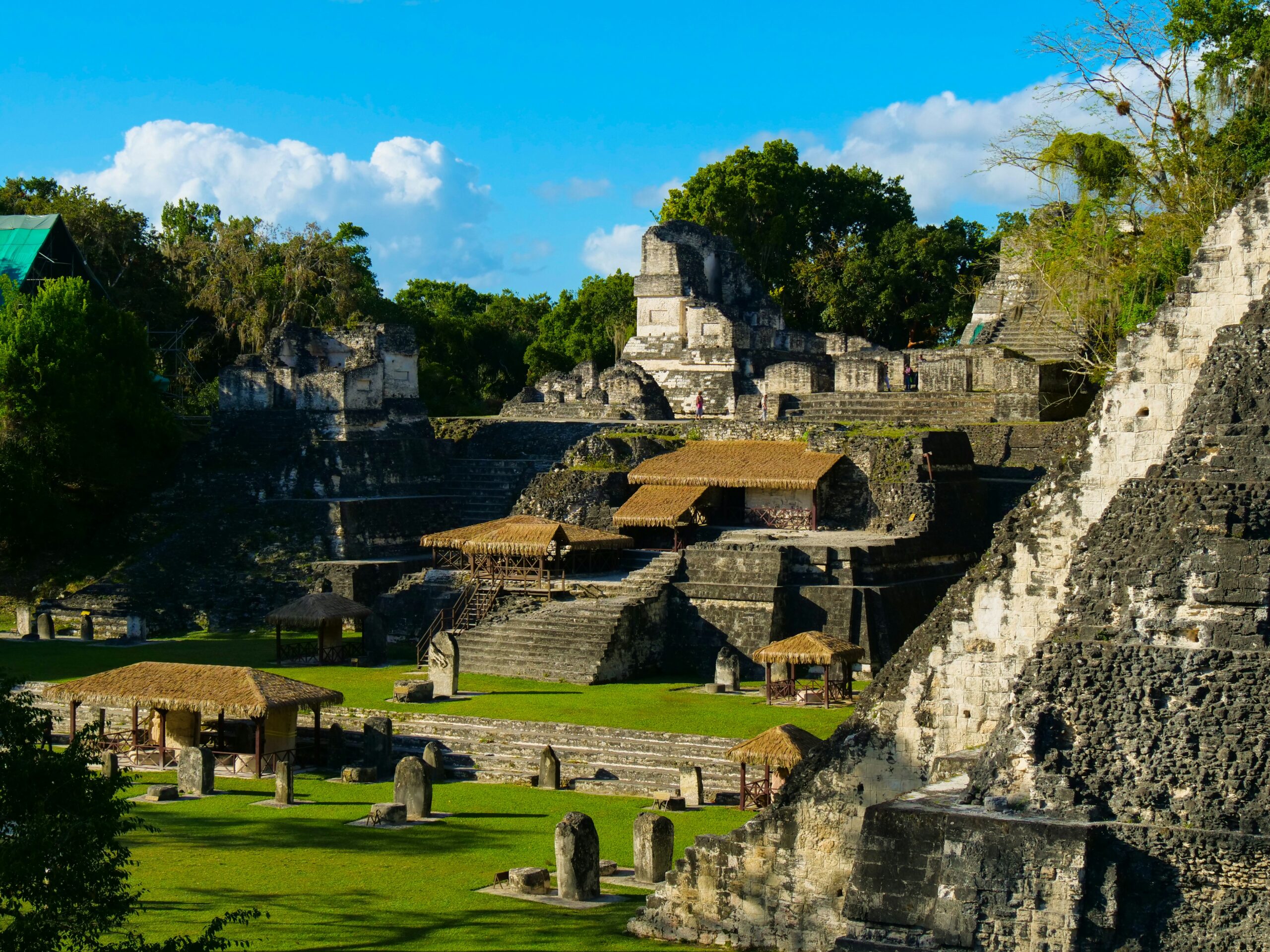New IHOPE Publication Examining the Mayan City of Tikal for Insights on Urban Sustainability
We are excited to announce three of IHOPE’s SSC members published a paper in the journal Urban Studies last month entitled “Growth and decline of a sustainable city: A multitemporal perspective on blue-black-green infrastructures at the pre-Columbian Lowland Maya city of Tikal”. The paper asserts that in considering assessments of “long-term” sustainability this relative concept should instead by defined to encompass multi-temporal time scales that extend past just a few decades (as is more typical) and into the longue durée.
The example outlined in the paper is that of the water, soil, and vegetation (blue-black-green) infrastructures at the Mayan city, Tikal. In this case, understanding how claims of both urban sustainability and environmental degradation have been established when interpreting the environmental impact of Tikal is a means for detecting where a failing in clear definitions has affected the perspectives presented. Clear parameters are outlined for assessing urban sustainability through water, soil, and vegetation infrastructures while also incorporating multiple time-scales into the assessment. These parameters are extremely relevant for establishing a framework for future research into urban sustainability that acknolwedges the compexity of socio-ecological systems and the importance of multi-temporal analyses. Additionally, the paper is enlightening for considering how careful contextual study of the past can be useful for future-oriented decisions about urban sustainability.
The paper was co-authored by IHOPE SSC members Christian Isendahl, Vernon Scarborough, and Scott Hawken alongside several other authors.
Isendahl, C., Dunning, N. P., Grazioso, L., Hawken, S., Lentz, D. L., & Scarborough, V. L. (2024). Growth and decline of a sustainable city: A multitemporal perspective on blue-black-green infrastructures at the pre-Columbian Lowland Maya city of Tikal. Urban Studies, 0(0). https://doi.org/10.1177/00420980231224648
Christian Isendahl (Ph.D., Uppsala University, 2002) is Associate Professor and Senior Lecturer of Archaeology at the Department of Historical Studies, University of Gothenburg. His main research interests concern issues of long-term sustainability and resilience, and he applies a historical ecological lens to study urbanism, farming systems, water and soil management, and socio-political organization, with a particular focus on urban farming.
Vernon L. Scarborough is Distinguished University Research Professor and Charles Phelps Taft Professor in the Department of Anthropology at the University of Cincinnati (see personal webpage). His work focused on past and present water systems spanning across the U.S. Southwest, Belize, Guatemala, Indonesia, Greece, Pakistan, and Sudan.
Scott Hawken is the director of the Landscape Architecture and Urban Design program in the School of Architecture and Built Environment at the University of Adelaide. He is a national leader on biodiversity and landscape architecture, working with government and professional agencies to further biodiversity positive design.
